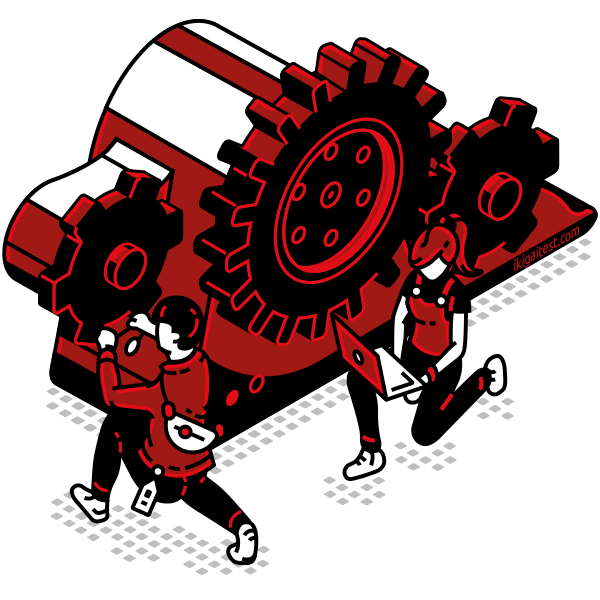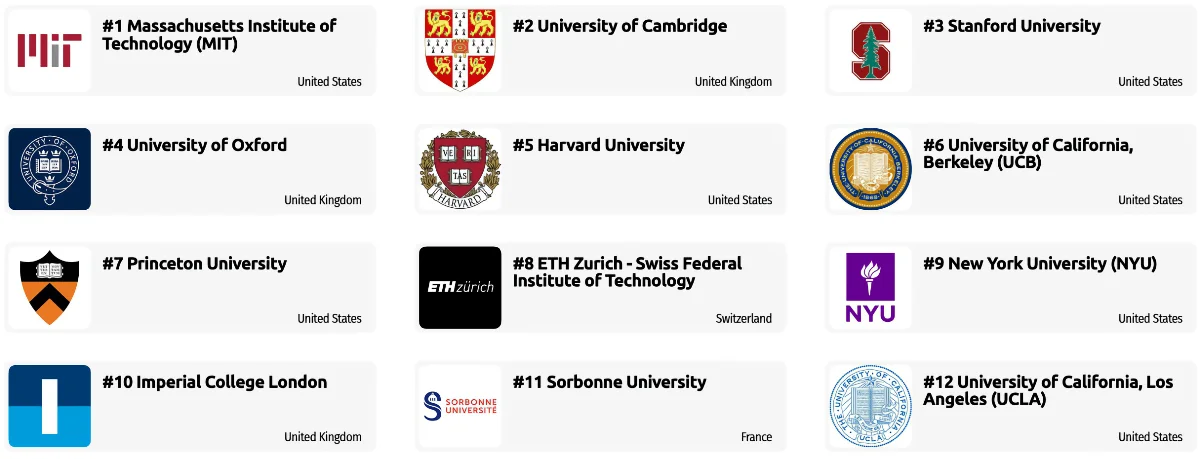Analyst

Analysts will often perform the following tasks:
- Identifying the underlying principles, reasons, or facts of information by breaking down information or data into separate parts.
- Using relevant information and individual judgment to determine whether events or processes comply with laws, regulations, or standards.
- Assessing the value, importance, or quality of things or people.
- Compiling, coding, categorizing, calculating, tabulating, auditing, or verifying information or data.
Technician

Technicians will often be asked these tasks:
- Providing documentation, detailed instructions, drawings, or specifications to tell others about how devices, parts, equipment, or structures are to be fabricated, constructed, assembled, modified, maintained, or used.
- Using computers and computer systems (including hardware and software) to program, write software, set up functions, enter data, or process information.
- Servicing, repairing, calibrating, regulating, fine-tuning, or testing machines, devices, and equipment that operate primarily on the basis of electrical or electronic (not mechanical) principles.
Other work activities related to Statisticians
- Reporting results of statistical analyses in peer reviewed papers and technical manuals.
- Developing software applications or programming to using for statistical modeling and graphic analysis.
- Presenting statistical and nonstatistical results, using charts, bullets, and graphs, in meetings or conferences to audiences such as clients, peers, and students.
- Reporting results of statistical analyses, including information from graphs, charts, and tables.
- Processing large amounts of data for statistical modeling and graphic analysis, using computers.
- Identifying relationships and trends in data, as well as any factors that could affect the results of researching.
- Analyzing and interpreting statistical data for identifying significant differences in relationships among sources of information.
- Preparing data for processing by organizing information, checking for inaccuracies, and adjusting and weighting the raw data.







